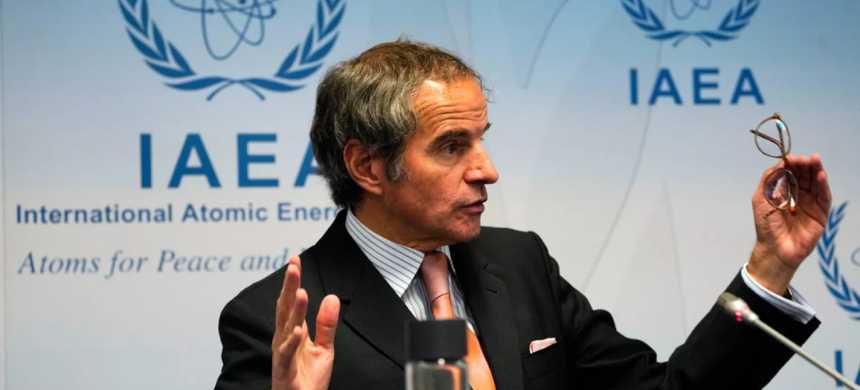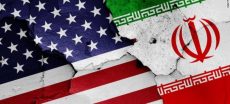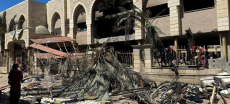TEHRAN – Iran has rejected a request by International Atomic Energy Agency (IAEA) Director General Rafael Grossi to inspect its nuclear facilities damaged in the recent conflict with Israel, intensifying tensions between Tehran and the UN nuclear watchdog.
Foreign Minister Abbas Araghchi dismissed Grossi’s proposal as “meaningless” and possibly “malign in intent,” asserting that Iran would take “all necessary measures” to defend its sovereignty and national interests. His remarks, shared via social media platform X on Monday, come amid growing Iranian resentment over what officials describe as the IAEA’s failure to condemn Israeli and U.S. military strikes during the recent 12-day conflict.
Read More: https://theneutral.pk/trumps-inner-circle-hacked-confidential-emails-poised-for-online-sale/
President Masoud Pezeshkian, in a phone call with French President Emmanuel Macron, confirmed that Iran has suspended its cooperation with the IAEA, citing the agency’s “destructive behaviour.” The decision follows a June 12 resolution passed by the IAEA accusing Iran of non-compliance with its nuclear obligations—just one day before Israeli strikes targeted Iranian nuclear sites.
In a further move, Iranian lawmakers approved legislation on Wednesday to formally suspend cooperation with the IAEA, citing both the Israeli attacks and subsequent U.S. strikes as justification. A ceasefire between Iran and Israel took effect on June 24, but diplomatic fallout continues to unfold.
Reporting from Tehran, Al Jazeera’s Resul Serdar noted that Iranian leaders increasingly view the IAEA as influenced by political pressure from the U.S. and Israel, despite its official role as a neutral, technical body.
International reaction has been swift. France, Germany, and the United Kingdom issued a joint statement on Monday, expressing strong support for Grossi and urging Iran to return to full compliance with its nuclear commitments. “We condemn threats against IAEA Director General Rafael Grossi and call on Iran to resume cooperation in line with its legal obligations,” the statement read.
While no specific threats were cited, Iran’s ultra-conservative Kayhan newspaper recently accused Grossi of acting as an Israeli spy and even suggested he should be executed—an inflammatory claim that has further escalated tensions. Iranian officials have denied any direct threats, dismissing the allegations as baseless.
Foreign Ministry spokesperson Esmaeil Baghaei said the parliament’s move reflected the anger and frustration of the Iranian people, accusing Western governments of politicizing Iran’s nuclear programme.
The recent military escalation with Israel resulted in 935 Iranian casualties, including 132 women and 38 children, according to judiciary spokesperson Asghar Jahangir. These losses have intensified domestic pressure on Tehran’s leadership to respond firmly to perceived foreign aggression.
Meanwhile, the Group of Seven (G7) nations welcomed the ceasefire and called for a return to diplomatic engagement. “We reaffirm that Iran must never acquire nuclear weapons and urge it to refrain from any unjustified enrichment activities,” the G7 said in a joint communiqué.
Qatar, which has previously played a mediator role in Iran-West relations, confirmed ongoing diplomatic efforts to de-escalate the crisis. During a phone call with Qatari Emir Tamim bin Hamad Al Thani, President Pezeshkian issued an official apology for Iran’s targeting of Al Udeid Air Base—the largest U.S. military installation in the region—during the conflict.
As diplomatic efforts continue, Iran’s suspension of IAEA cooperation poses significant challenges to nuclear monitoring efforts and threatens to further destabilize the fragile balance in the region.










